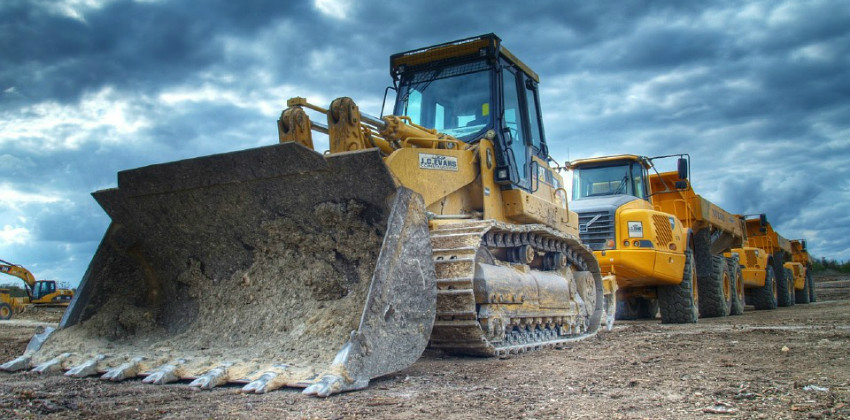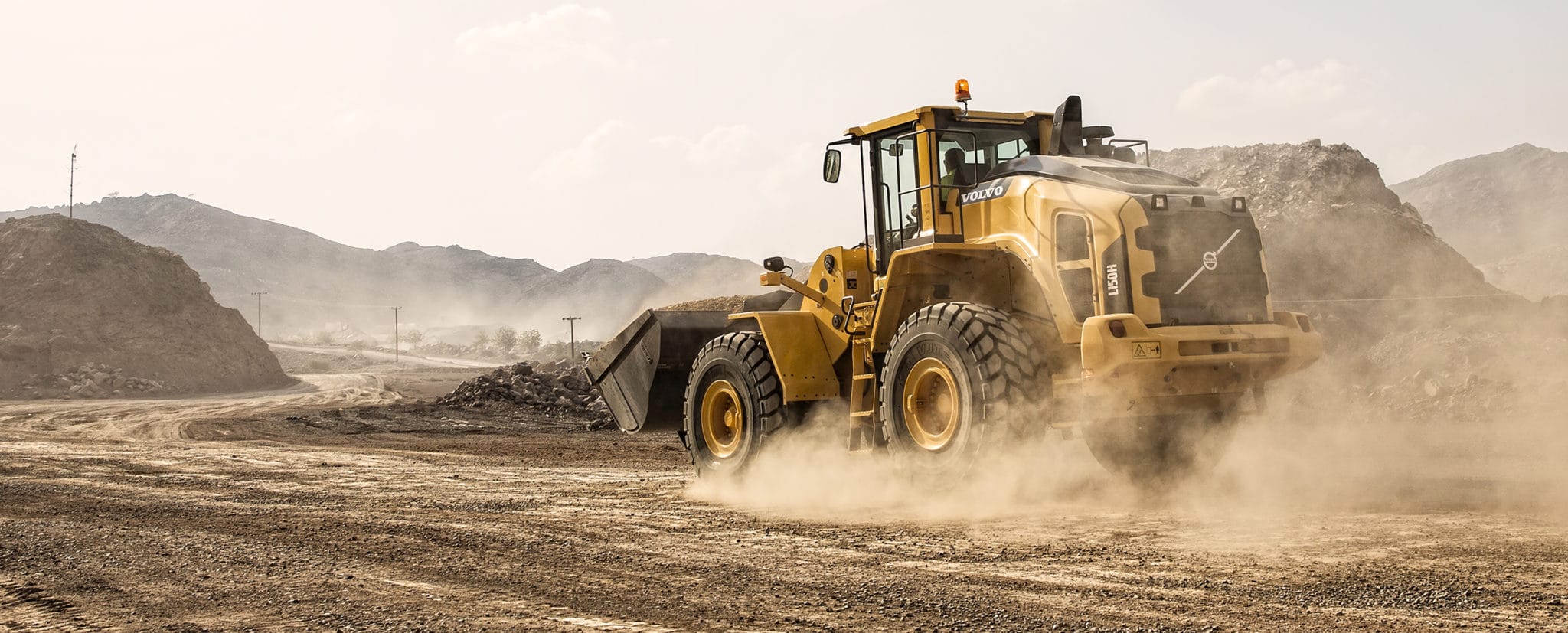Mini Excavator Rental: Compact and Powerful Machinery
Mini Excavator Rental: Compact and Powerful Machinery
Blog Article
Leasing Vs. Purchasing Building Equipment: Making the Right Option for Your Job
When embarking on a building job, one of the vital decisions that predict stakeholders and managers deal with is whether to buy or rent out construction devices. The decision pivots on various aspects such as cost factors to consider, task period, equipment upkeep, scalability, risk, and versatility administration.
Expense Factors To Consider
When examining the monetary facet of renting out versus purchasing building and construction tools, the long-lasting expenses and in advance costs need to be carefully thought about. Renting devices usually needs lower initial repayments compared to acquiring, making it an attractive option for temporary tasks or contractors with budget restraints. Leasing eliminates the need for huge funding investments and lowers the monetary risk connected with tools possession, such as maintenance and devaluation prices. Nevertheless, in the lengthy run, constantly leasing tools can build up greater costs than purchasing, especially for extensive projects.
On the various other hand, purchasing construction tools includes higher ahead of time costs but can result in lasting savings, especially for long-lasting tasks or constant users. Ultimately, the decision between acquiring and leasing building and construction tools pivots on the job's period, regularity of usage, budget plan factors to consider, and lasting financial goals.
Task Duration

On the other hand, for long-term jobs or continuous building and construction job, purchasing equipment might be the extra cost-effective alternative. Acquiring tools can lead to cost financial savings over time, especially if the equipment will certainly be often utilized. Moreover, having devices supplies a feeling of control over its schedule and permits modification to fit details task demands.

Equipment Upkeep
Offered the important function task period plays in determining the most cost-efficient strategy in between renting and acquiring construction devices, the focus now changes in the direction of taking a look at the necessary element of devices maintenance. On the other hand, owning tools needs an aggressive strategy to maintenance to stop breakdowns, ensure safety and security, and extend the tools's life expectancy. Inevitably, a properly maintained building and construction equipment fleet, whether rented out or owned, is necessary for the effective and reliable completion of construction jobs.
Flexibility and Scalability
In the world of construction tools administration, the element of flexibility and scalability holds substantial importance for project effectiveness and source application. Opting to lease construction devices provides a high level of versatility as it permits for the quick change of equipment kinds and amounts based on the evolving requirements of a task.
Leasing construction equipment provides the benefit of easily scaling operations up or down as project demands fluctuate. Specialists can quickly exchange or include devices to match the project's altering requirements without the restrictions of having assets that might end up being underutilized or out-of-date.
Threat Management
Reliable danger administration in building tools operations is vital to guaranteeing task success and mitigating prospective financial losses. Construction projects naturally entail various risks, such as devices failures, accidents, and project delays, which can considerably impact the task timeline and budget plan. By thoroughly considering the threats related to owning or renting building equipment, job managers can make enlightened decisions to minimize these possible risks.
Renting out building and construction equipment can offer a degree of threat reduction by transferring the responsibility of repair and maintenance to the rental company. This can decrease the monetary burden on the project proprietor in situation of unanticipated equipment failings (mini excavator rental). Furthermore, renting provides the versatility to accessibility specialized devices for particular job phases, reducing the danger of possessing underutilized machinery
On the various other hand, having building devices provides a feeling of control over its use and upkeep. Nevertheless, this likewise implies birthing the complete duty for heavy equipment rental repairs, upkeep costs, and devaluation, boosting the monetary risks connected with tools possession. Mindful threat assessment and consideration of aspects such as project duration, devices utilization, and maintenance requirements are important in identifying one of the most suitable alternative for reliable risk management in building jobs.
Final Thought
Finally, when making a decision in between purchasing and renting building devices, it is essential to consider cost, task duration, devices upkeep, risk, flexibility, and scalability management. Each factor plays a crucial duty in figuring out one of the most suitable alternative for the project available. By very carefully reviewing these facets, task supervisors can make an enlightened decision that aligns with their budget plan, timeline, and general task goals.

Report this page